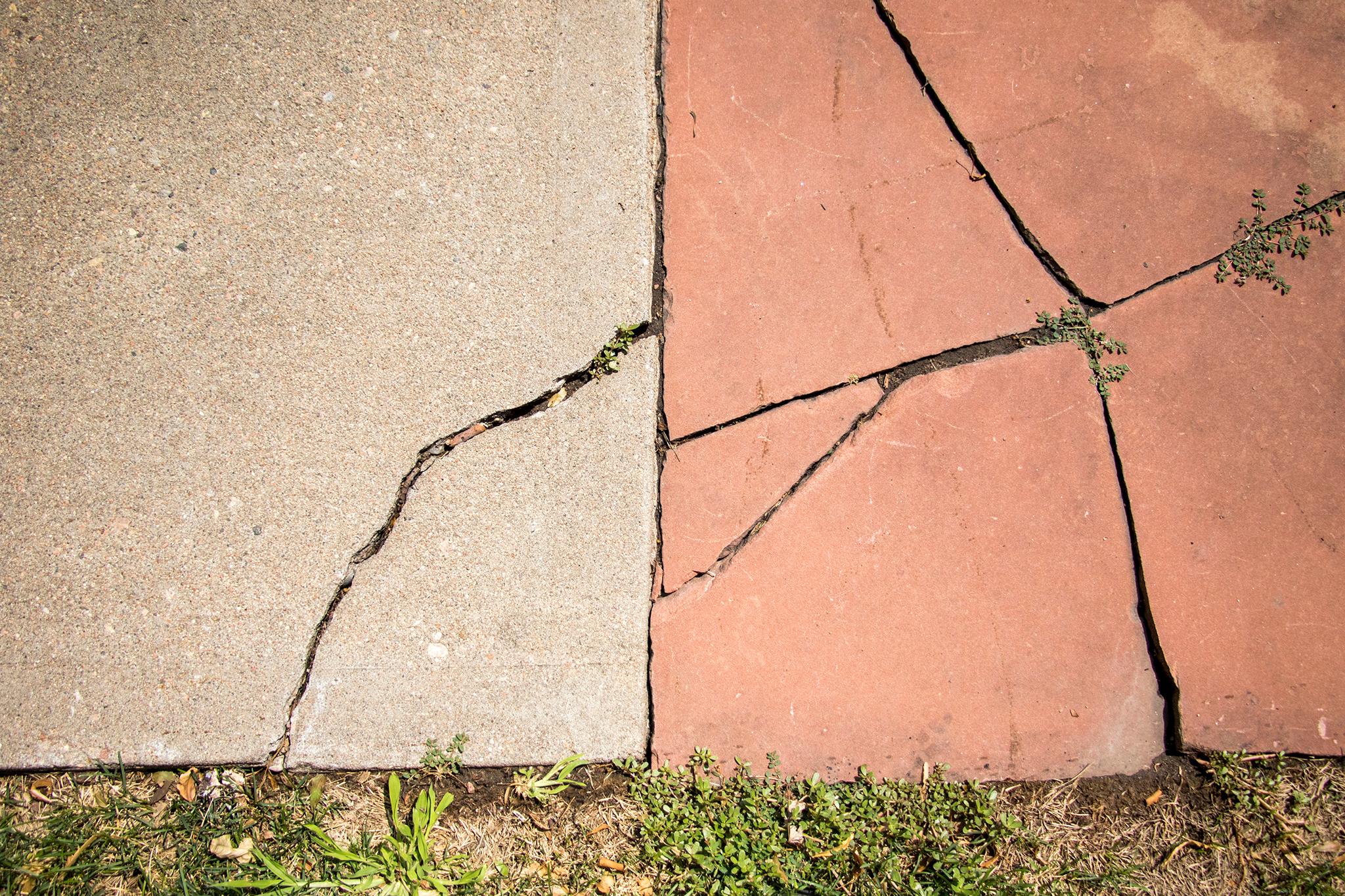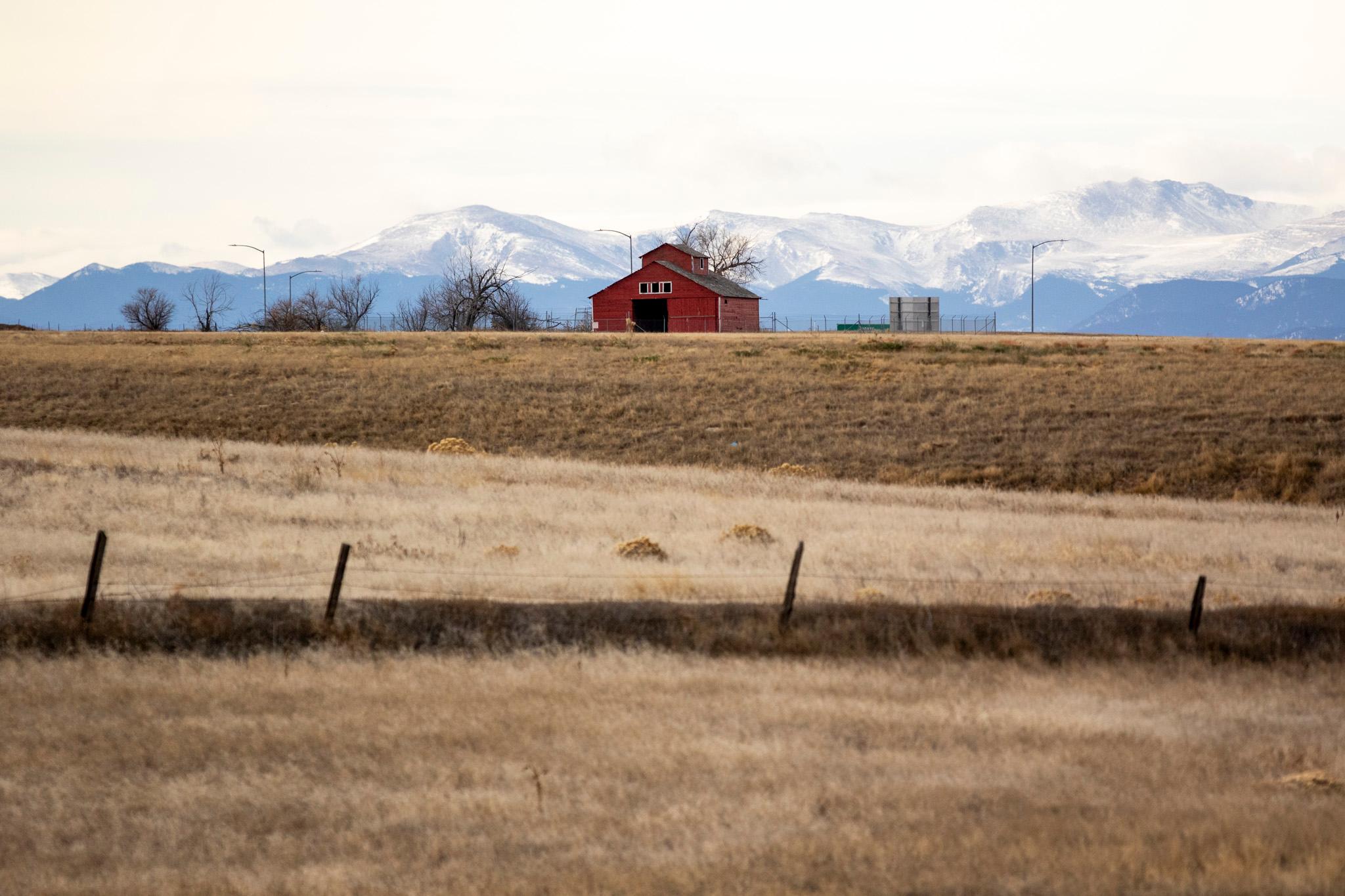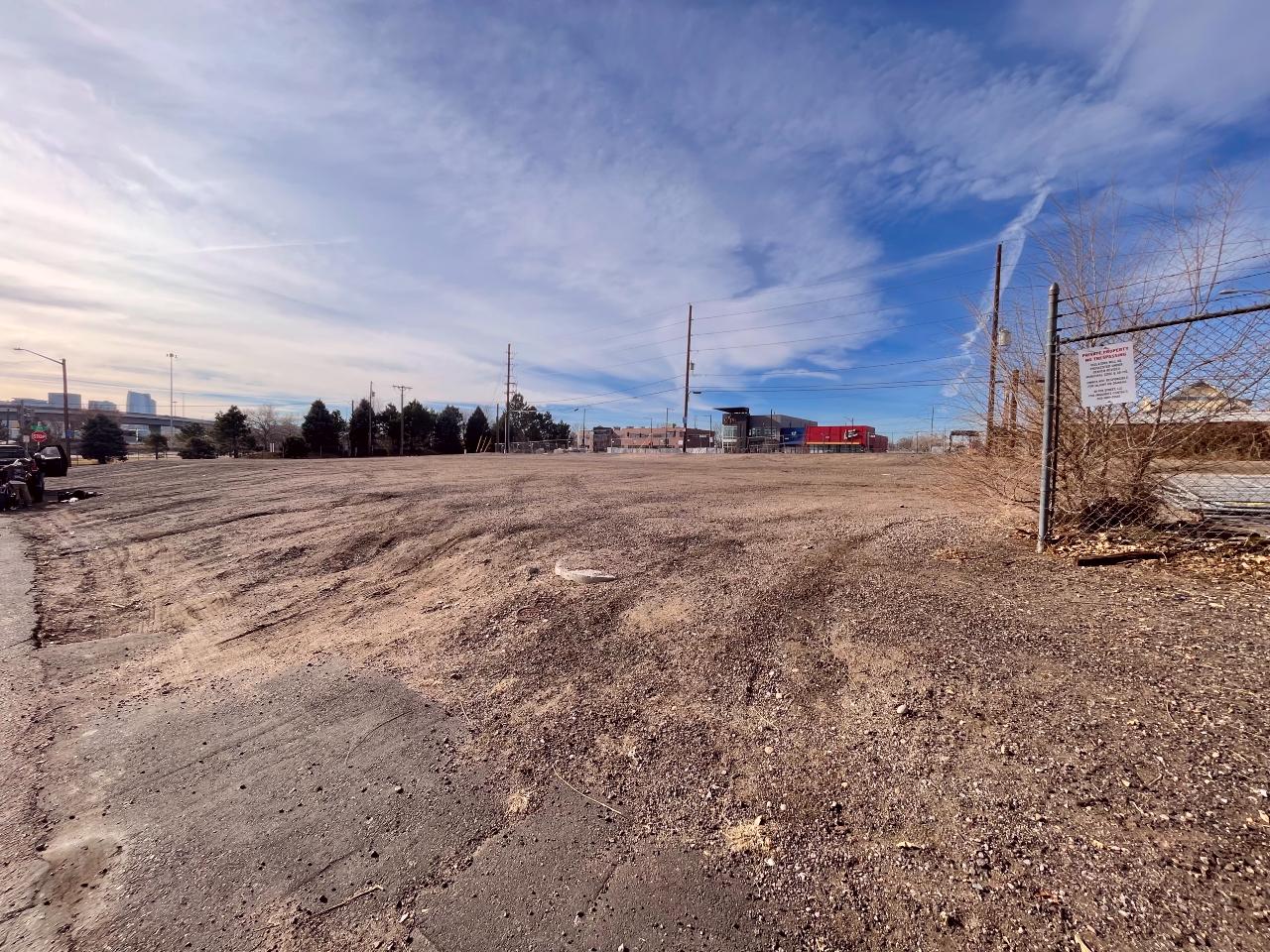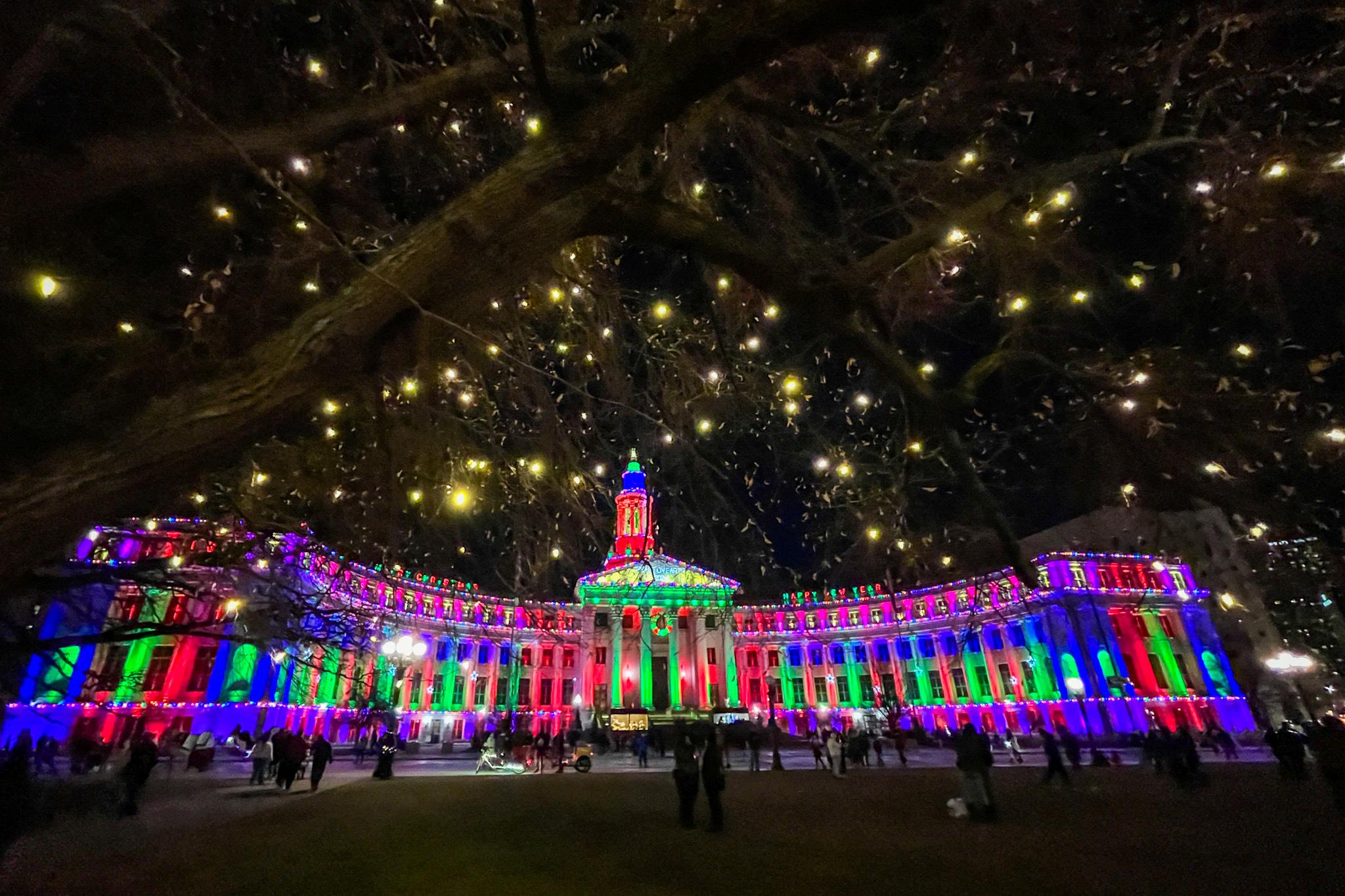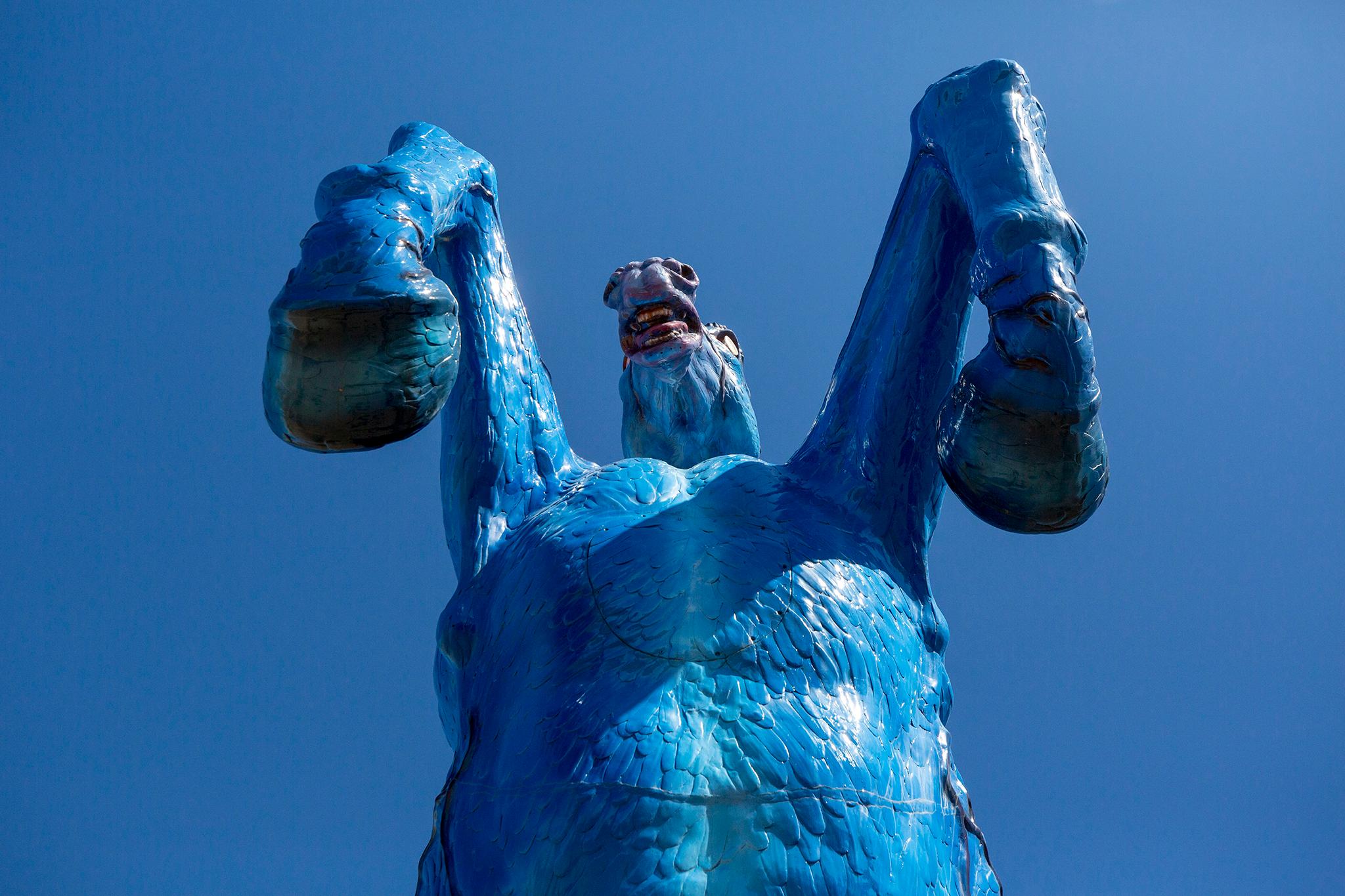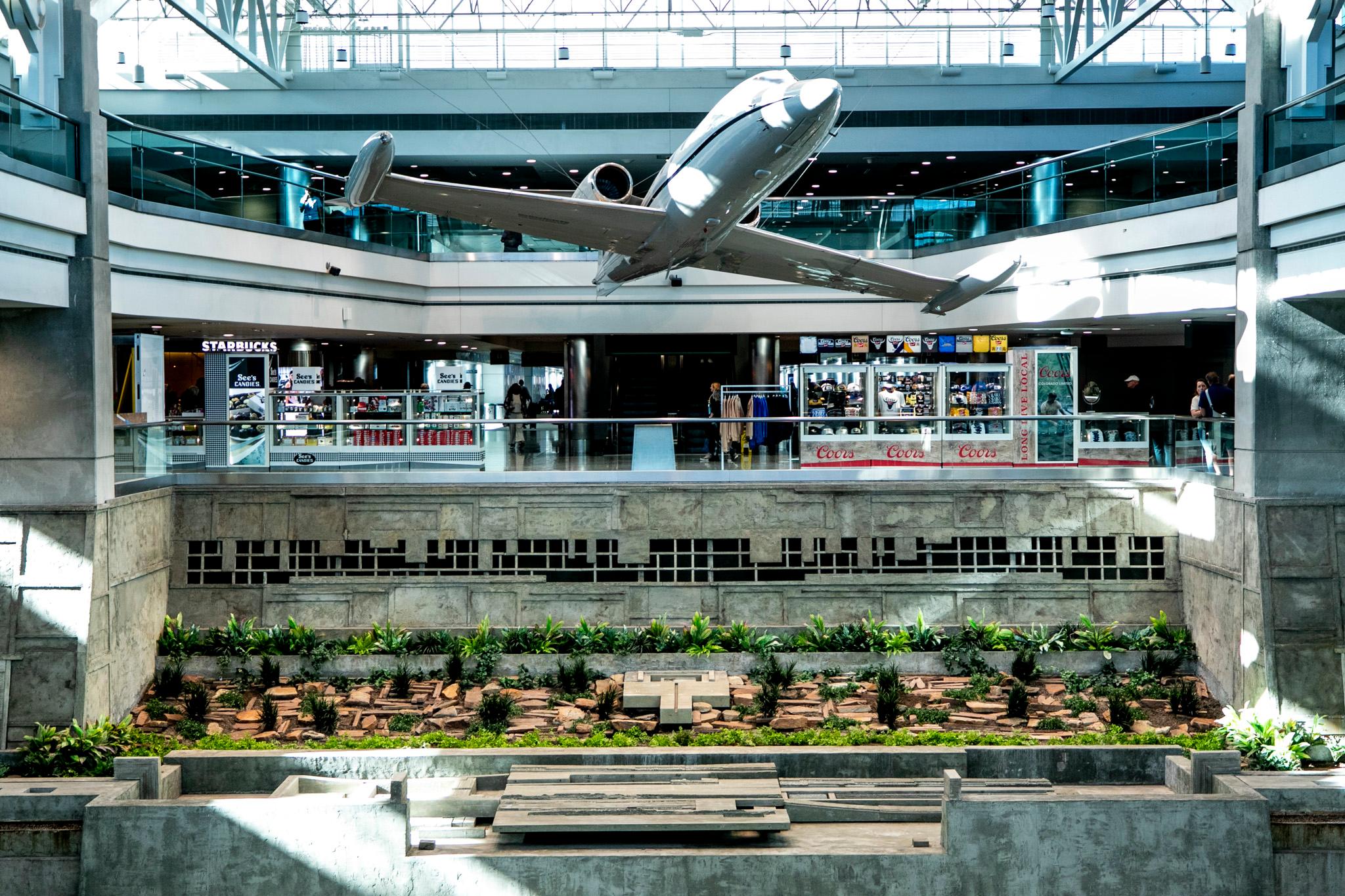The city of Denver is ready to enrage a certain number of people for the common good.
Starting next month, a city inspector will be walking the streets of the Capitol Hill, North Capitol Hill and Speer neighborhoods, looking for the misshapen cement and shattered flagstones that can send pedestrians tumbling to the ground.
It's the beginning of a brand new, $4.2 million city program that aims to fix broken and inadequate sidewalks. "If you have any degree of mobility challenge at this point, Denver sidewalks are not the byways you want to get around," said Councilman Paul Kashmann. "This is the first time our city's decided to take a comprehensive look ... to go through and improve the defects."
And here's the catch: Depending on their income, some property owners will have to pay for the cost of repairs on their property.
Here's what to expect.
Next week, the city will mail letters to every property owner in a stretch of central Denver between Broadway, Downing Street, 20th Avenue and Alameda Avenue. The letter will explain that their neighborhoods are the first to experience -- and eventually benefit from -- the new effort.
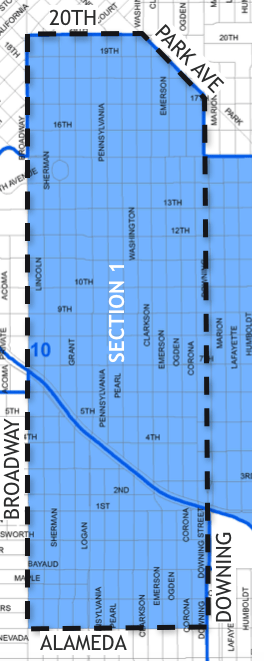
Over the coming months, the city inspector will comb over their sidewalks, looking for buckled, broken and tilted sidewalks. They'll be looking at both residential and commercial properties. When the inspector finds problems, the city will post and mail notices to the owner. The city will start repairs 45 days after notices are delivered.
Each notice will come with a cost estimate. Property owners then have to decide whether they'll try to make the fix themselves, hire a contractor or leave it to the city. If they don't do anything, the city will pay its own contractor to make the fix, and then it will bill the owner.
The repairs range from simple fixes to total replacement. Some owners could simply grind down or patch a piece of sidewalk, while others might pay for "mud-jacking" to even things out, and others could have to completely demolish and replace the sidewalk.
But this program won't affect people who don't have sidewalks. The city's funding a separate program to fill in the hundreds of miles of missing walkways in its network.
You might have to pay.
Under Denver's laws, property owners have long been expected to pay for repairs to sidewalks along their land. Up until now, that rule has rarely been enforced -- only when people complain -- and some sidewalks have fallen into pretty rough shape.
"I think people are hesitant to rat on their neighbor, in all seriousness," Kashmann said. "They just kind of take a fall, get up, dust themselves off and grumble."
But that won't work this time.
A fair amount of properties will need work, according to a city survey of 100 sample properties in the initial focus area. It showed that 58 of the properties would need some degree of repairs. Forty of those repairs were expected to cost less than $1,000. Most of the rest ranged between $1,000 and $5,000 -- and one was even more expensive.
However, some property owners won't have to pay the full bill. It depends on household income, which residents will have to prove by submitting documents.
So, for example, a family of four with an income of $60,000 would get a discount of about 25 percent of the repair costs. The city would pay the difference from a multi-million dollar fund approved by the Denver City Council. Some people will also have the option to repay the cost over several years.
I asked whether this model wouldn't hurt certain people. What if I have a high income but no savings?
"You have to draw the line somewhere, and still be able to have a solvent fund and be able to continue repairing," said Matt Bryner, acting director of right-of-way services. The income approach is similar to the programs the city already uses, said Councilman Jolon Clark.
Repairs on commercial land will likely be more expensive. The city will also publish a guide for do-it-yourself repairs.

Who's next?
Capitol Hill, North Capitol Hill and Speer are the first "section" in a larger "region." After this, the city will move onto other parts of Region 1, which includes about 9,300 properties in all.
The city has identified a total of 11 regions around the city. Staff aren't ready to say how long each part will take, but Councilman Clark is hopeful that the program could cover all of Denver in a decade.
"We're going to follow a methodical approach, and we're learning as we go," Bryner said.
The following map shows all of the regions. The program will work through each one in the order of their numbering -- so, next is Region 2 in south-central Denver. The city decided the order of operations based on several factors, including the condition of the sidewalks, the number of elderly and young people, the number of people with disabilities, the prevalence of automobile ownership and more.
Neighborhoods in northeast Denver are ranked last mostly because they're newer and have better sidewalks.
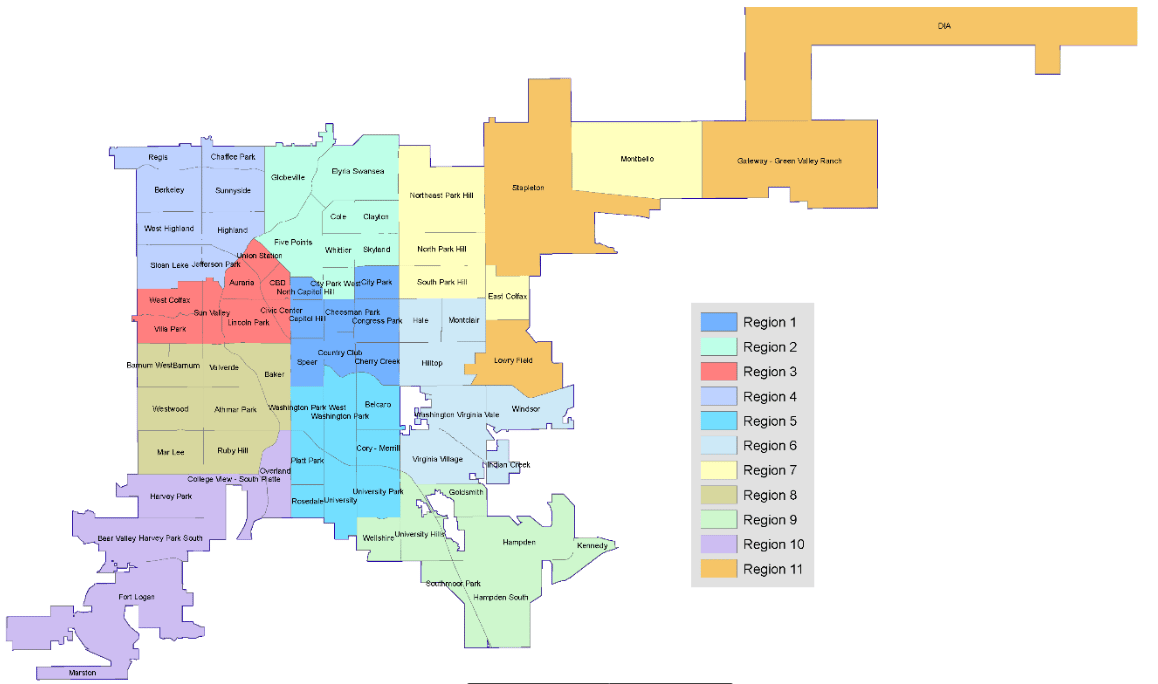
But what about my flagstone?
Some of central Denver's sidewalks are flagstone, a beautiful old rock that is often a giant tripping hazard. (Read our history of them!) The city's contractor will try to preserve the old stones, some of which date to the late 1880s. But if that doesn't work, they'll be replaced with colored concrete.
Private landowners are free to buy new flagstone if they want.
Also, this work will probably affect some trees, especially when their roots have grown under sidewalks. No guarantees, but Bryner says that a city forestry crew will look for the best ways to minimize arboreal impact.
For more information:
The city will host a public meeting for property owners in Section 1 of Region 1. The meeting is Saturday, Aug. 11, from 10 a.m. to noon at the Denver Botanic Gardens.
You can also call 3-1-1 for information, or visit denvergov.org/sidewalkrepair.

